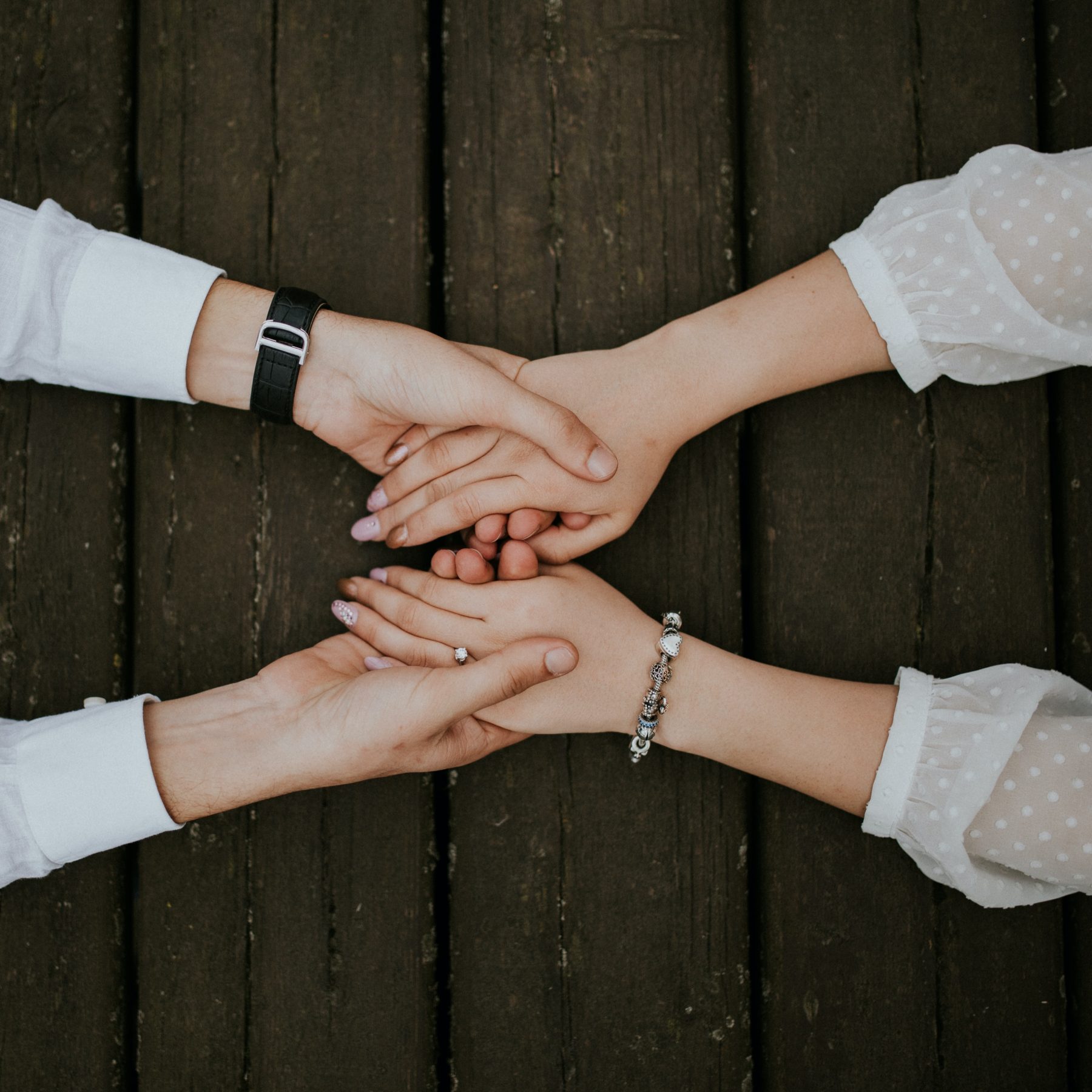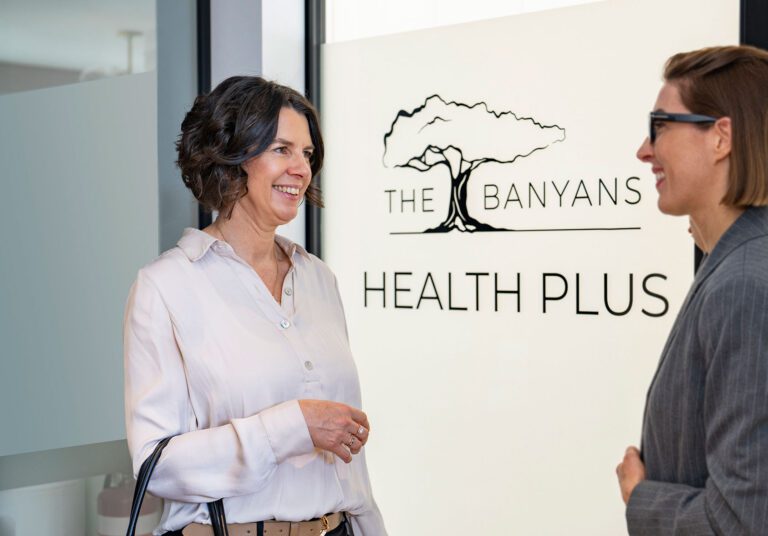
Drinking is deeply ingrained in Australian culture, and alcohol is a significant player in many social settings. Although many individuals adopt a relaxed attitude towards alcohol consumption, it is not uncommon for people struggling with a developing or existing dependence on alcohol to remain undiagnosed or conceal their dependency from friends and family.
The first person to notice signs of a dependence on alcohol in a partner or spouse is often the one closest to them. This realisation can elicit fear and concern about the loved one’s drinking habits, which may have adverse effects on the relationship itself. The loved one may downplay their dependence on alcohol, or the concerned partner may feel that they are overreacting, thereby underestimating their natural response or their desire to support their loved one in seeking treatment.
Failure to address a potential alcohol problem in a loved one can lead to further pain and disruption. To overcome their dependence on alcohol, it is essential to directly address the issue with your loved one and collaborate in a united and respectful manner to obtain the external support required.
Follow the link to watch the full video
How to identify if a loved one has a dependence on alcohol
Problems with alcoholism aren’t just about having one too many at a social event. While approximately 50% of marriages end in divorce, alcohol abuse has been found to lead to an increase in the divorce risk rate that’s nearly triple that of a marriage without alcohol abuse. Dependence on alcohol can create problems in the family unit such as legal issues, financial distress, unemployment, and serious health issues. Daily exposure to a drinking spouse can trigger anxiety, stress, concern and depression for the sober partner. With so much on the line, identifying issues with alcohol is the first step towards healing and recovery.
There are a number of signs your loved one may have a dependence on alcohol, these include:
- An increase in drinking habits – if your partner starts to drink earlier in the day, or is drinking in a manner that results in drunkenness more than they used to, this may be a sign of growing dependence on alcohol.
- Avoidance of non-alcohol related activities – if your loved one is changing plans in order to dedicate more time to drinking, this is a sign of problems of alcoholism.
- Using alcohol as their primary coping strategy – how does your partner relax? If it’s with a bottle of wine each evening or a six-pack, this may be a sign that their drinking habits are becoming unmanageable.
- Dishonesty around alcohol – if your partner feels the need to lie about where, when and how much they’re drinking, or is hiding alcohol, this may highlight a sense that their relationship with it is no longer within their control.
- A high tolerance for alcohol – a growing tolerance for high levels of consumption can signify a developing tolerance due to regular and excessive drinking.
- Mood swings and irritability – as alcohol is a depressant, ongoing use can lead to dramatic changes in an individual’s mental and physical health. If you’re noticing increases in anger, depression, irritability, frustration or rage in your partner, the link back to their alcohol consumption is worth investigating.
- Issues at work – high levels of drinking can have a negative impact on work performance and punctuality.
- Isolation – if your partner has started to pull away from friends or family, this may be related to guilt or shame around their dependence on alcohol. An increase in social isolation can point to an over-dependence on alcohol as a coping mechanism.
- An inability to stop drinking – ultimately, if your partner is unable to stop drinking even when they intend to, this is a sign of problems with alcoholism. Withdrawal symptoms, including headaches, anxiety and irritability can also signify a substance dependence issue.
Related: Rethink your Relationship with Alcohol
How to Navigate Alcohol Dependency With a Loved One
The thought of sitting down with someone we love and having a hard conversation probably isn’t always easy. Confronting the issue at hand may feel overwhelming, but with some careful thought and preparation, you can find a way to talk to your partner in a loving and supportive manner, while acknowledging how important it is to seek help for sobriety.
Firstly, acknowledge that this is a courageous thing for you to do. It’s normal to feel nervous – that alone isn’t a reason to avoid the conversation. Spend some time preparing by understanding what alcohol abuse is.
The Australian Alcohol and Drug Foundation notes that: “alcohol is the most widely used psychoactive drug in Australia and one of the most harmful. Alcohol causes more chronic diseases and is linked to more deaths than any other illicit drug.”
Understand that a dependence on alcohol is not their fault.
Alcohol use disorder is a medical condition, which requires medical and psychological treatment. Alcohol use disorder can range in severity from mild to severe. It’s not uncommon for people to believe that any kind of substance addiction is always related to personal choice. In reality, addiction has been classed by the American Medical Association as a disease since 1987, with alcoholism classed as a disease since 1956. This understanding can help you to approach your partner with grace and patience, rather than shame and judgment. Like any other disease, expert help is needed in order to find a cure or to implement a management plan.
Plan and prepare for the conversation.
Choose the time and place when you bring up this conversation with your loved one carefully. Look for a time where they’re in a good headspace, and not in the midst of a drinking session or a hangover. Prepare a couple of questions you can ask to open the conversation, and let your loved one know you’re there for them as they process and consider this.
Stay calm and supportive.
By remaining calm throughout the conversation, you can support its potential for a positive, future-focused outcome. You may find that this area requires multiple conversations before your loved one is open to exploring the many effective treatment options that exist. Be patient, and ask them to keep considering your concerns, leaving the door open for future conversations.
Related: Alcoholic Behaviour – Signs & Seeking Help
Believe in the future
While it may feel impossible to see a future without alcohol in your loved one’s life, many people do find freedom and full recovery from problems with alcoholism. Stay hopeful as you navigate with your partner, and make sure you’re looking after yourself in the process, seeking your own support from professionals as needed.
If you or a loved one are suffering from dependence on alcohol, it may be time to take the next step. Reach out today and discover how The Banyans programs are individually tailored and designed for your circumstances and experience.
Our offerings of day programs, residential and online options means more people than ever can get the tailored help and support they need.
Call us now on 1300 226 926 for a confidential discussion with our expert team 24/7, or make an enquiry below.
This page was reviewed by Peter Hayton (BPsych (Hons), MEd)
















